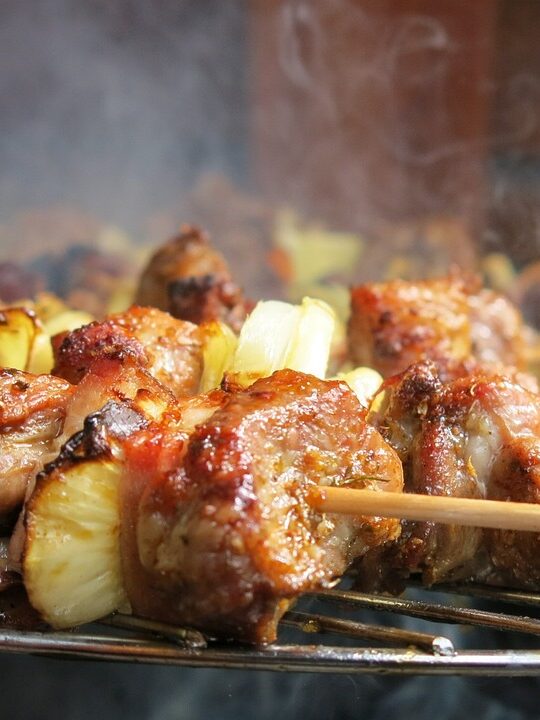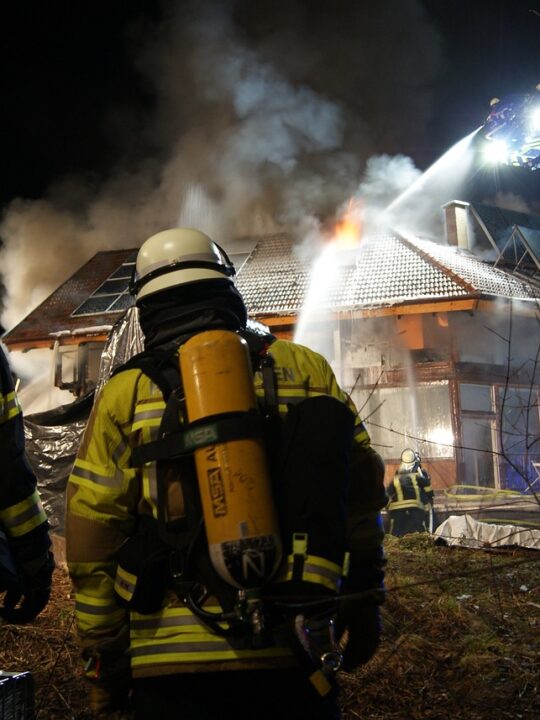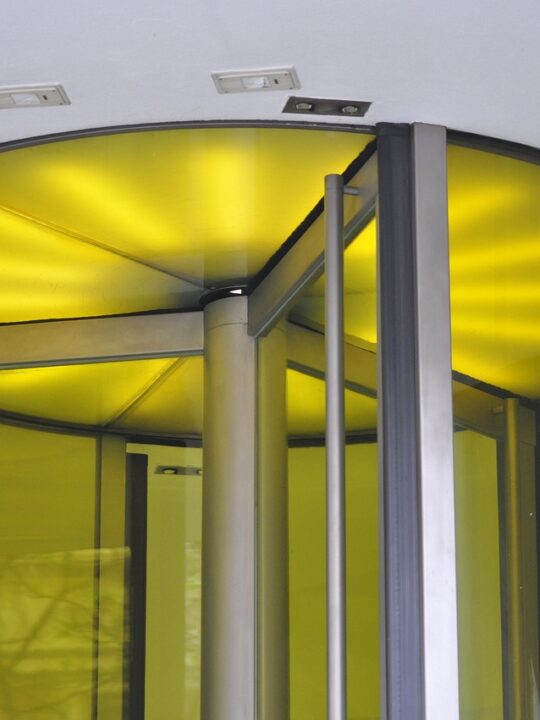Your pipes are failing, but you don’t know how to go about replacing them. You want to get them fixed, but you don’t even know what kind to buy.
Among all the things you need to learn about plumbing, understanding the different types of pipes is one of the simplest to understand.
Check out this guide to plumbing pipes so that you can better understand the world of plumbing.
Table of Contents
1. Copper
Copper is a popular plumbing pipe material due to its durability, longevity, and corrosion resistance. It is a great choice for both hot and cold water applications and can withstand high pressures. Copper pipes are also relatively easy to install and maintain.
However, copper can be more expensive than other pipe materials, and may not be suitable for areas with hard water. Mineral buildup can occur in copper pipes over time, which can affect water flow and quality. Overall, copper pipes are a reliable and long-lasting choice for plumbing systems.
2. PVC
PVC pipes are the most popular choice of plumbing pipes, due to their affordability and versatility. PVC pipes can be used for most plumbing applications, including drainage, waste, and vent systems.
PVC pipes are made from high-quality materials and durable plastic, so they last a long time. PVC pipes are easy to install and require very little maintenance once installed. They are also resistant to cracking and breaking down, so they are less likely to need replacing.
3. PEX
PEX (cross-linked polyethylene) pipes are well-known due to their flexibility and ease of installation. They can be bent around corners and threaded through tight spaces, making them a great option for retrofitting and remodeling projects.
PEX pipes are also resistant to corrosion, freeze damage, and scale buildup. However, it’s important to note that PEX pipes may not be suitable for outdoor use, as they can be damaged by UV rays from the sun. Additionally, some people have concerns about the potential for the leaching of chemicals from PEX pipes into drinking water.
4. ABS
ABS, or Acrylonitrile Butadiene Styrene, has a number of advantages over other types of pipe materials and is suitable for both hot and cold water systems as well as drainage purposes. ABS is lightweight and can be cut to size with a hacksaw, and it’s affordable. It’s also resistant to acids, alkalis, and salt solutions.
ABS is a good choice for underground installations and fittings. On the downside, it’s limited to colder water systems; it tends to soften and deform when exposed to hot water.
5. Flexi Pipes
Flexi pipes, also known as flexible water hose or flexible pipes, are made from a combination of plastic and metal. It is designed to be flexible and bendable, which makes it ideal for use in tight spaces or areas where traditional pipes cannot be easily installed.
It is commonly used for connecting appliances such as dishwashers and washing machines to a water supply. It is also frequently used for outdoor irrigation systems and in commercial settings where pipes need to be routed around obstacles. Despite its flexibility, flexi pipe is durable and long-lasting, and it is resistant to corrosion and leaks.
Choose the Right Plumbing Pipes for Your Next Project
Choosing the right plumbing pipes to use ultimately depends on the application. When done right, you can be sure your plumbing installation will serve you well for many years to come.
When in doubt, you can also consult a certified expert to determine the best solution for your home.
For more helpful guides, check out the rest of our blog.







